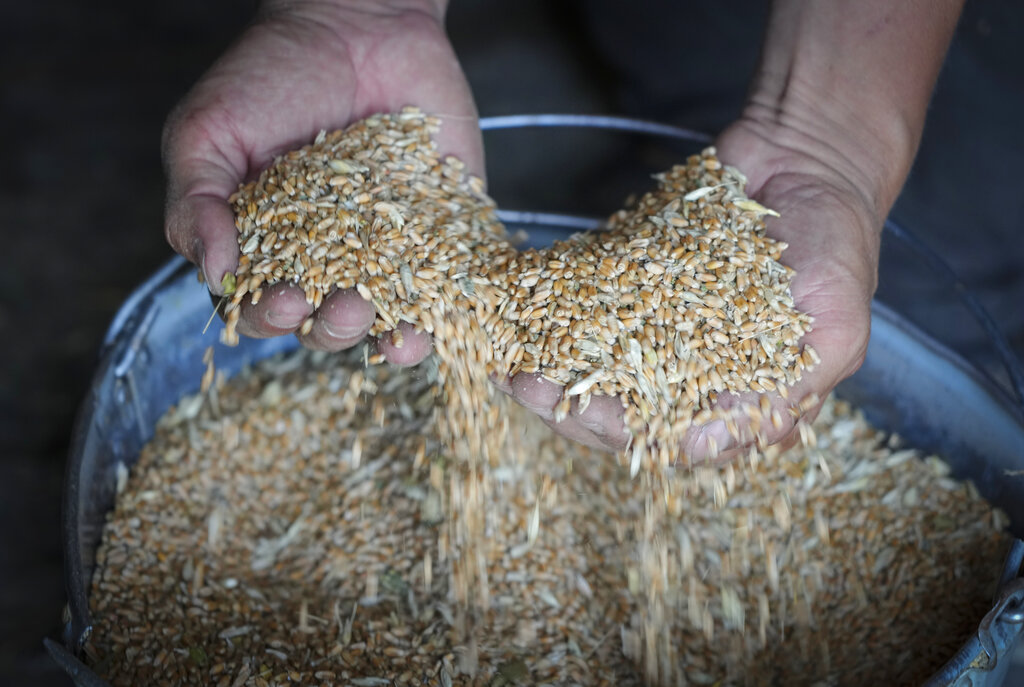Poland, the Czech Republic and the Baltic countries are speaking out against Russian grain imports into the EU. Euractiv reports that the agriculture ministers of these countries have appealed to the European Commission to limit Russian imports because they say it gives Russia an unfair advantage.
According to the agriculture ministers, Russian products are putting pressure on the EU’s internal market and directly competing with products from EU farmers. They say there is a moral obligation to suspend any trade that aids Russia in the conflict against Ukraine.
The Latvian parliament has already passed a resolution to ban imports of Russian agricultural products. Faced with Polish farmers protesting mainly against Ukrainian grain imports, Polish Prime Minister Donald Tusk also backs an import ban against Russia, which would also be extended to Belarus to possibly help ease some of the market difficulties facing Polish farmers, although only negligibly.
According to Arkady Zolchevsky, head of the Russian Grain Union, in the 2022/2023 agricultural season, Russia exported a record 55 million tons. This came as a result of a bumper crop of 157.7 million tons in 2022, which was followed by a drop to 130 million tons in 2023.
Even if the EU does impose a ban on Russian grain imports, it would have very little economic impact on Russia since only 2 percent of its grain exports flow into Europe.
The largest importers of Russian grain in the 2022/2023 season were Egypt with 11.92 million tons, followed by Turkey (10.25 million tons) and Algeria, which was for the first time in the top three (3.26 million tons).






